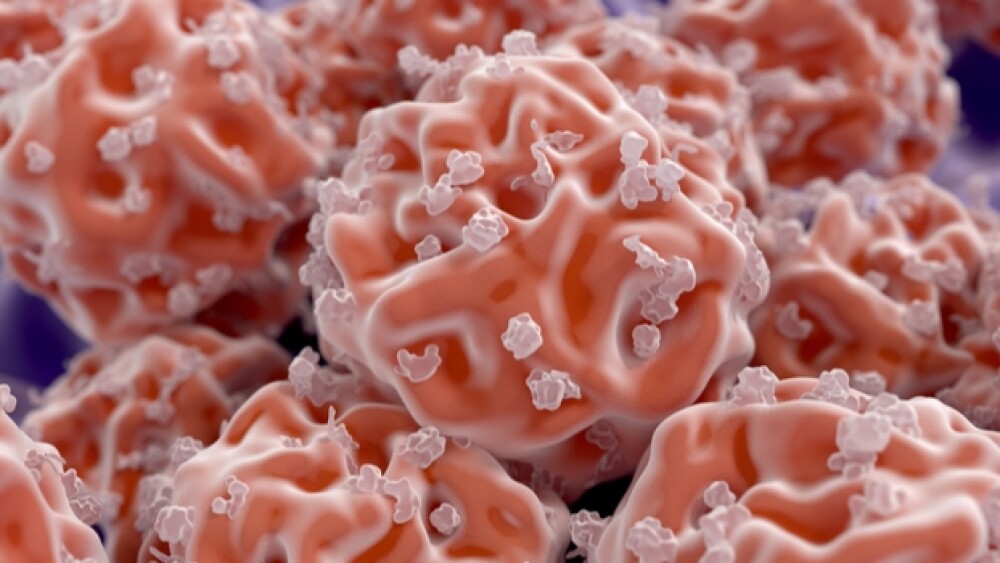The researchers are currently optimizing the drug and similar drugs so they can advance to human clinical trials.
Blood stem cells are found in the bone marrow and are responsible for generating blood cells and immune cells. Chemotherapy and radiation typically suppress these stem cells’ activity, requiring weeks and sometimes months to recover. University of California, Los Angeles (UCLA) researchers have synthesized a new drug that in laboratory animals speeds the recovery time.
Earlier research identified a protein known as receptor type protein tyrosine phosphatase-sigma (PTP-sigma), which is primarily located in the nervous system and controls the regeneration of neurons. When PTP-sigma in neurons is activated, it stops neuron regeneration, but without it, the nerves regenerate faster after injury.
In 2014, John Chute, a member of the Eli and Edythe Broad Center of Regenerative Medicine and Stem Cell Research at UCLA and a professor of medicine and radiation oncology in the division of hematology/oncology at the David Geffen School of Medicine, with his research team, found that PTP-sigma is also present on blood stem cells. Its function there is similar to its activity in neurons.
In Chute’s new research, they found that in mice that have a PTP-sigma gene deficiency, blood stem cells recovered more quickly after they were damaged with radiation.
“We’re very excited about the potential medical applications of these findings,” stated Chute.
PTP-sigma is a member of a protein family called tyrosine phosphatases. This protein family is typically difficult to block using drugs, largely because most of the proteins in the family have similar activation sites, meaning that any drug designed to affect one affects all of them.
Chute collaborated with Michael Jung, the UC Presidential Chair in Medicinal Chemistry and UCLA distinguished professor of chemistry and biochemistry, to develop a drug that could block PTP-sigma. Jung’s group designed and synthesized more than 100 potential drugs that could work, and Chute and his group then tested them. They eventually narrowed it down to one molecule, DJ009.
DJ009 caused the human blood stem cells to recover in petri dishes. When they were then transplanted into mice whose immune was disabled, they then tested the drug, which supports the possibility DJ009 could work in humans.
“The potency of this compound in animal models was very high,” stated Chute. “It accelerated the recovery of blood stem cells, white blood cells and other components of the blood system necessary for survival. If found to be safe in humans, it could lessen infections and allow people to be discharged from the hospital earlier.”
In their research, which was published in the journal Nature Communications, almost all of the mice receiving high doses of radiation and treated with DJ009 survived. But of the mice that were given radiation and did not receive DJ009, more than half died within three weeks.
Another group of mice were given chemotherapy doses similar to what is used in humans being treated for cancer. The mice that did not also receive DJ009 had extremely low levels of white blood cells (WBC) and neutrophils after two weeks. In the chemo group that received the drug, the WBC levels had recovered to normal levels in the same period.
The researchers are currently optimizing the drug and similar drugs so they can advance to human clinical trials.





